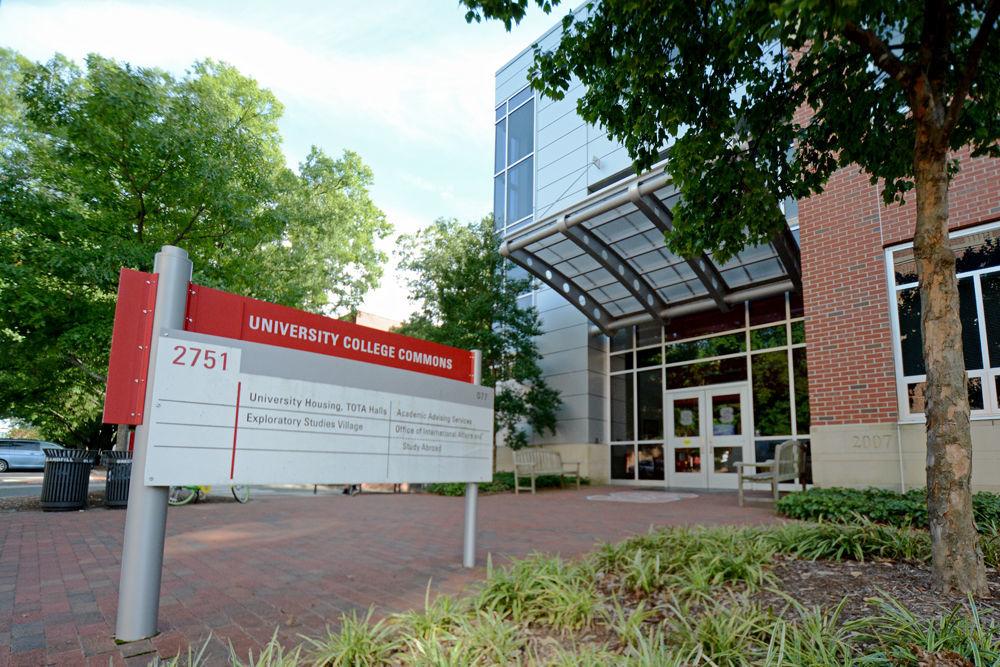As spring 2019 course registration begins, NC State provides advising resources and services to students so that they can more easily schedule their classes and learn how to make registration less stressful.
Martha Wicker, assistant director of the inter-college transfer program, described some of the main resources available to students planning their academic career: degree audits, Pack Planner and the academic advising programs and services website.
“[A degree audit] has all of the GEPs down at the bottom of the audit so you know you can integrate them into your course schedule,” Wicker said. “We really like students to use their Pack Planner, because it lays out your eight-semester plan for any major … It is always a good idea, before meeting with your advisor, to have courses in your planner as well as in your shopping cart.”
For a more in-depth view of the requirements based on major, Wicker recommended a resource on the academic advising programs and services website.
“When you go to the academic advising programs and services website, we have an ‘explore majors’ option,” Wicker said. “It has information about majors including courses, career options and that eight-semester display. Students can visually see their four-year plan and it helps them, along with the Pack Planner, put together a logical schedule.”
Nikki Glenos, the director of advising technology, stressed the importance of not only online resources, but also student academic advisors.
“[Students should] use their resources and know their resources, make sure they are connected with their academic advisor,” Glenos said. “And if they are uncertain who their academic advisor is, they can find that within [the Student Success] GPS, which is a student interface for advising and support services, or they can find it in MyPack Portal.”
Glenos said that advisors are a great place to get connected with student resources, especially when planning schedules.
“An advisor can always be the starting point,” Glenos said. “My approach with students is that you can always start with me, and if I don’t know the answer to your question, I will find out for you and make sure you get to the right place. Advisors are a great way to find the resources that you need to be successful.”
While mainly utilized by the Exploratory Studies program currently, the Student Success GPS is a student interface for advising and support services. Glenos described the first part of the GPS.
“The goal is to have coordinated support for the student where we can all outreach to the student, and it becomes easier that way for students to get the support that they need,” Glenos said.
In addition to automatic email reminders and confirmations, Glenos said that GPS can be used to schedule appointments with academic advisors.
Wicker said that many scheduling issues can be avoided by meeting with an advisor and asking questions.
“We want to sit down with the student face-to-face and talk about what they are taking,” Wicker said. “It is really easy to get in trouble for taking courses that are not meant for you…wasting your time and money. Do not be afraid to ask questions and know that there are a lot of resources on campus, and people that can help you if you are struggling.”
According to Glenos, the advisor-advisee relationship looks different for every student, each need coming with a unique accommodation.
“It is never too early to meet with your advisor,” Glenos said. “Some students may need just one appointment in the semester, and some may need several. Every student is different and every student’s needs are different.”
Advisors, according to Glenos, can only do so much. The rest of the homework – when it comes to scheduling – needs to be done by the student.
“The more you can plan and use your resources in terms of degree audit, Pack Planner, your advisor, the better,” Glenos said. “Really try to do your homework to see what classes are going to be offered and what are ones that you might not have normally considered. The earlier you plan, the higher likelihood that you will have a schedule that you are looking for to meet certain curricular needs and your needs in general.”








